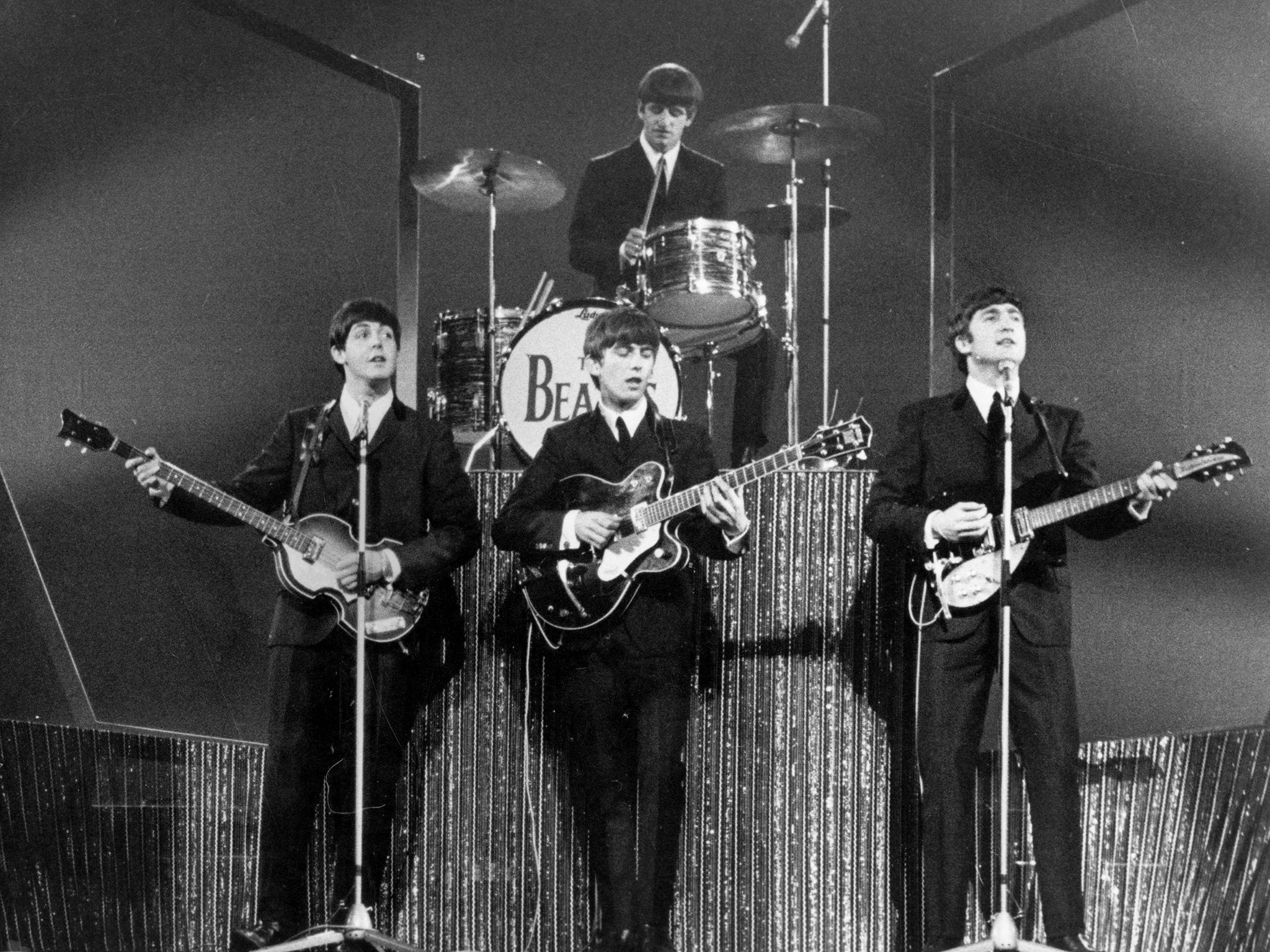All These Years, The Beatles Volume One: Tune In by Mark Lewisohn; book review

The world's only Beatles historian has poured a decade of research into another 'definitive' book about the world's biggest band (he's written six other books on the subject already). Weighing in at a hefty 946 pages, and five cm thick, it only covers the early years of the Fab Four's lives, before they became famous; from birth to becoming involved in the Skiffle craze and forming their first band, the Quarry Men, up until 1962 when Brian Epstein began managing them and they signed a record deal.
For avid Beatlemaniacs, this meticulously researched account will be hard to beat because of its high level of detailed trivia, and is worthy of re-evaluation, on its publication in paperback. It has new interviews from old girlfriends, family, friends and teachers, weighed up against well-worn quotes from archived essays and magazines. Lewisohn is like a detective, taking all the information available surrounding a particular moment in the Beatles' history and then deducing which is most likely to be the genuine reality when those versions of events don't match up. The debate over who bought John the Hofner Club 40, his first decent guitar (he had already had one, bought for him by his mother and he borrowed one before that) goes a bit like this: was it Mimi, his aunt and custodian, who signed the paperwork acting as guarantor? or John, who by then was earning a wage as a labourer at Scarisbrick waterworks. Both claimed they put in the £17 deposit, but on balance, it was probably John.
For some, this assiduous level of detail will be relished, but for me, it felt more like a lack of ability to self-edit. Nothing is considered insignificant, including, for instance, the announcement for the opening of Epstein's new store in the Liverpool Echo, which we are told was printed "maybe half an inch apart" from an ad for the Quarry Men - coincidence? There are no coincidences here, it's all part of a unique, almost magical confluence of events, without which, the Beatles might never have come together. It tends to ignore the fact that in retrospect most events in anyone’s life seem inevitable.
Overzealous detail aside, Lewisohn is a lively and imaginative writer, linking the facts with just enough colour to draw a full picture of each of the band member's lives in the hard, working class areas of Liverpool in the Forties and Fifties. A lot of the information he's unearthed, particularly from the boys' formative early years, is without precedent and despite a tone of clear, worshipful admiration for the band's music, he doesn't let his affection cloud his judgement and the book doesn't shy away from exposing the less palatable and less publicised sides of their personalities, such as John Lennon hitting his girlfriends. “Hitting females is something I’m always ashamed of” Lennon said in an interview in 1980. In a quote taken from A Twist of Lennon, Lennon's first wife Cynthia, who was his girlfriend at Liverpool College of Art, says she was "terrified of him for 75 per cent of the time".
It's in these details that The Beatles stop being a legend and start to become human. We learn about John Lennon's unstable upbringing, his mother, the fun-loving, quick-witted Julia, who acts more like a big sister than a mum and gives him to John's aunt Mimi to look after, or Richy Starkey's grandma, the 'voodoo queen of Liverpool”, who forced him to write with his right hand even though he was left-handed, creating a “lope” to his drumming years later. Of course, much of this is well-trodden ground but here the lens is focused right in, to John and Paul's first conversations about music in their bedrooms, pushing aside the unspoken bond they shared of both losing their mothers with “sudden severity” or the moment when George flicked a cigarette out on a Paul’s girlfriend’s hefty bosom and that made John and Paul laugh. The real power of this biography is it forces you to form an opinion of these lads before they became stars, before they could even really make music. When they were just boys, in Liverpool messing about with girls and trying to become rock stars.
Join our commenting forum
Join thought-provoking conversations, follow other Independent readers and see their replies
Comments
Bookmark popover
Removed from bookmarks